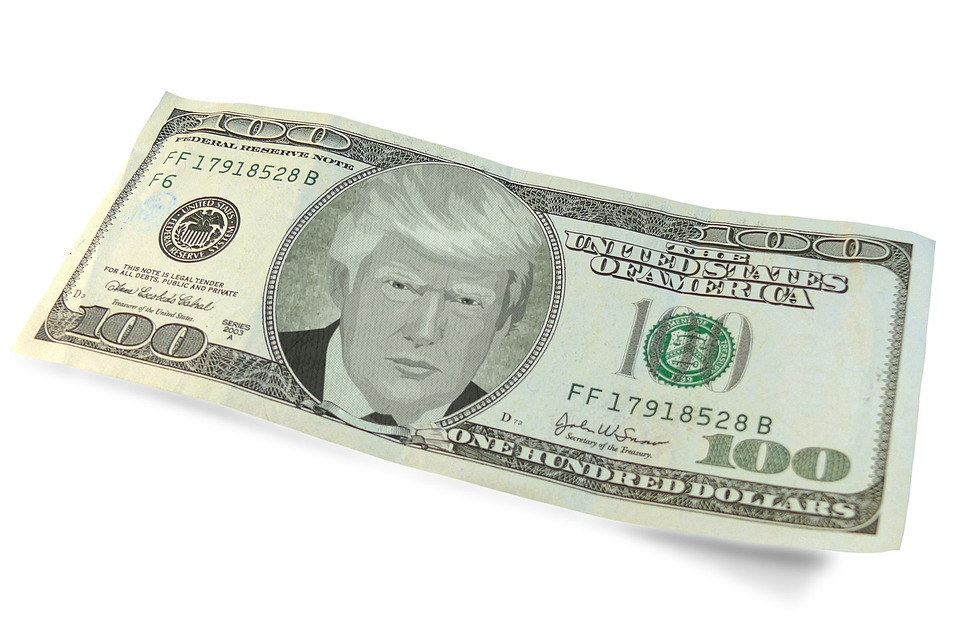#MaraLago #Controversies #Trumps #Exclusive #Club
[ad_1]
Summary
Mar-a-Lago, a private club in Palm Beach, Florida, has been a subject of controversy since it became the exclusive retreat of former President Donald Trump. The club has been at the center of various political, social, and ethical debates, raising questions about access to power, conflicts of interest, and the use of public office for personal gain. This article explores the controversies surrounding Mar-a-Lago and its association with the Trump presidency.
Mar-a-Lago: The Controversies of Trump’s Exclusive Club
Mar-a-Lago, a luxurious estate turned private club, has been a prominent fixture in the political landscape of the United States for decades. Originally built as a private residence in the 1920s, the property was purchased by real estate mogul and later President of the United States, Donald Trump, in 1985. Trump turned the estate into an exclusive private club, which has since become a symbol of wealth, privilege, and influence.
The Trump Presidency and Mar-a-Lago
During his presidency, Donald Trump frequently visited Mar-a-Lago, often referring to it as the “Winter White House.” The club became a focal point for Trump’s administration, hosting high-profile meetings with foreign dignitaries and serving as a backdrop for some of his key policy announcements. Critics raised concerns about the mingling of official government business with Trump’s private interests, as well as the potential conflicts of interest arising from Trump’s ownership of the club.
Access to Power
Mar-a-Lago’s status as a private club with high membership fees raised questions about access to the President and potential influence over policymaking. The club’s members, who paid substantial fees for access to the exclusive amenities, were presumed to have a direct line to the President and his inner circle. Critics argued that this arrangement allowed wealthy individuals and special interest groups to gain preferential treatment and access to decision-makers, potentially undermining the principles of democratic governance.
Conflicts of Interest
Trump’s continued ownership of Mar-a-Lago while serving as President raised concerns about conflicts of interest. As the head of the executive branch, Trump wielded considerable influence over government policies, regulations, and contracts, creating the potential for conflicts between his public duties and his personal financial interests. Critics argued that Trump’s financial stake in Mar-a-Lago presented a fundamental conflict with his obligation to act in the public interest, leading to ethical challenges and accusations of self-dealing.
Legal and Ethical Scrutiny
The controversies surrounding Mar-a-Lago prompted legal and ethical scrutiny, with watchdog groups and lawmakers calling for transparency and accountability. Questions were raised about the use of public resources to support Trump’s visits to the club, as well as the potential violations of the Emoluments Clause of the U.S. Constitution, which prohibits public officials from receiving gifts or payments from foreign governments. The intersection of Trump’s presidency and his private business interests at Mar-a-Lago became a focal point for ongoing investigations and legal battles.
Public Backlash and Social Divides
The association of Mar-a-Lago with Trump’s presidency also fueled social divides and public backlash. The club, often depicted as a playground for the wealthy and well-connected, became a symbol of elitism and exclusion for many Americans. The juxtaposition of opulent gatherings at Mar-a-Lago with economic hardships and social inequalities deepened the polarization within the nation, contributing to the broader debates about privilege, access, and power dynamics in American society.
FAQs
What is Mar-a-Lago?
Mar-a-Lago is a private club and estate in Palm Beach, Florida, originally built as a residence in the 1920s. It was purchased by Donald Trump in 1985 and later turned into an exclusive private club.
Why is Mar-a-Lago controversial?
Mar-a-Lago became controversial due to its association with the Trump presidency, raising concerns about access to power, conflicts of interest, ethical scrutiny, and societal divides.
Did Mar-a-Lago face legal and ethical scrutiny?
Yes, Mar-a-Lago faced legal and ethical scrutiny, with concerns raised about potential conflicts of interest, violations of the Emoluments Clause, and the use of public resources to support Trump’s visits to the club.
How did Mar-a-Lago contribute to social divides?
The association of Mar-a-Lago with wealth, privilege, and exclusivity contributed to social divides, as it became a symbol of elitism and access to power, exacerbating broader discussions about inequality and societal dynamics.
1706520410
[ad_2]
